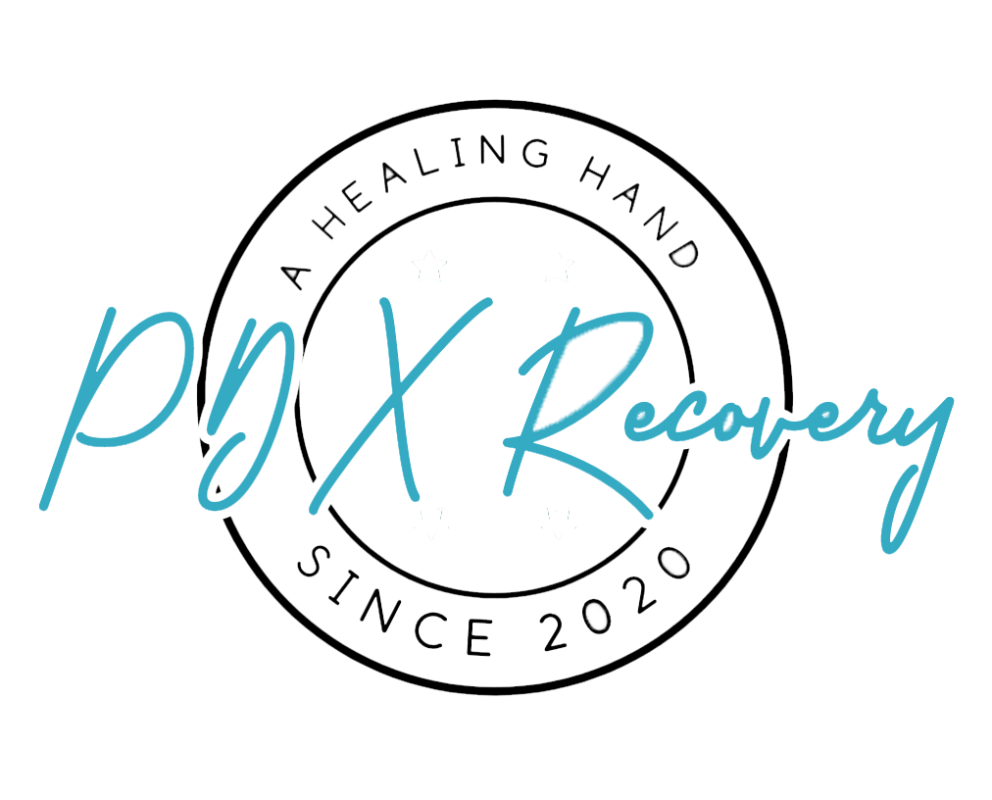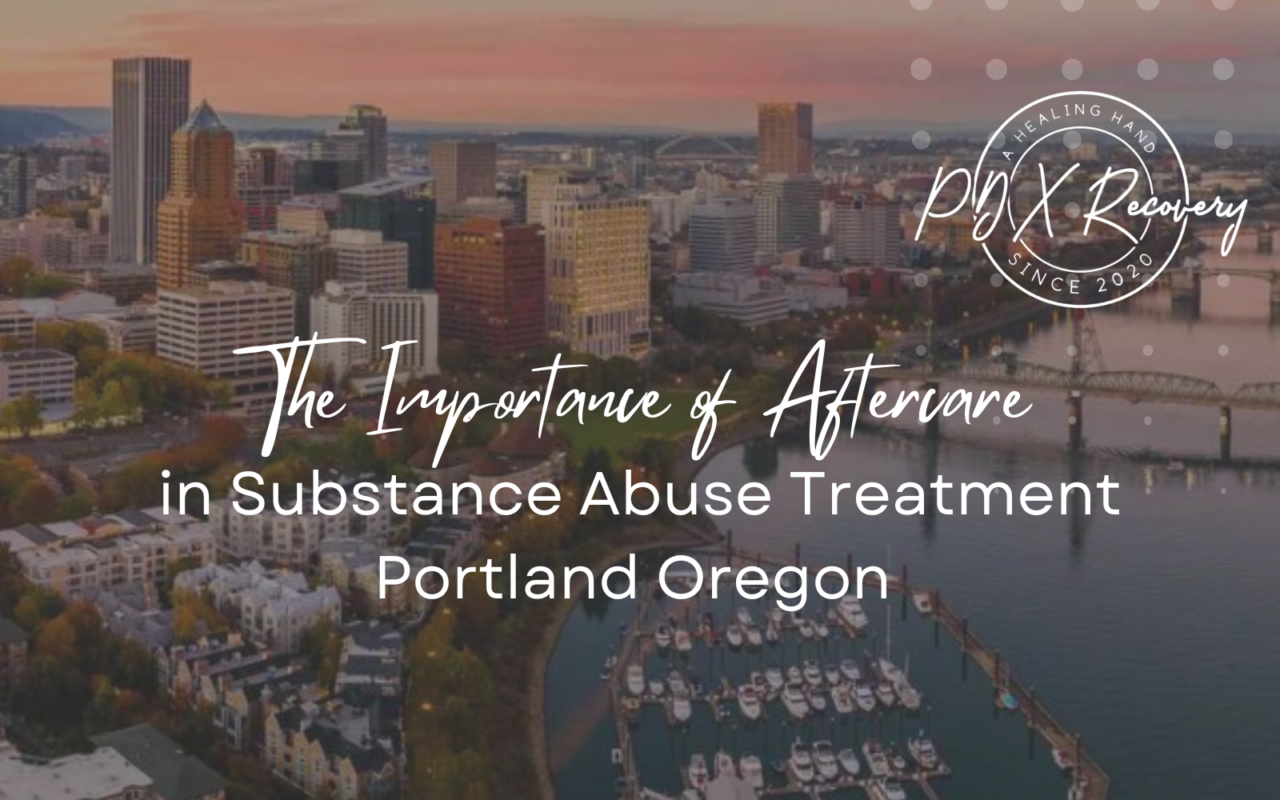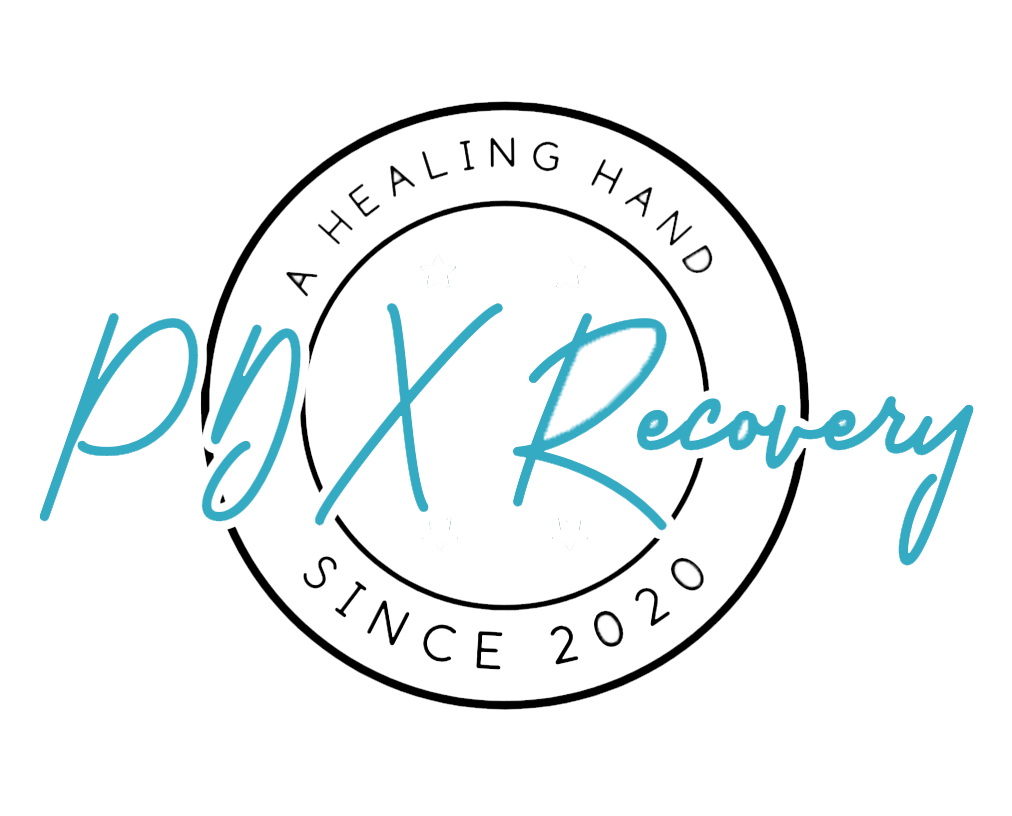Why Aftercare is Crucial for Substance Abuse Treatment Portland Oregon
Substance abuse is a complex and chronic disease affecting millions worldwide. In the United States alone, approximately 20 million adults suffer from substance use disorder (SUD), a condition that can have devastating impacts on individuals and their families. With the opioid epidemic on the rise, providing effective treatment for those struggling with addiction is more crucial than ever.
One essential aspect of substance abuse treatment Portland Oregon is aftercare, which includes ongoing support and services following initial treatment. Aftercare can involve various components such as counseling, support groups, medication management, and lifestyle coaching. These continued efforts are pivotal in helping individuals maintain sobriety and prevent relapse.
In this blog post, we’ll discuss the importance of aftercare in substance abuse treatment Portland Oregon, a city that has been significantly affected by the opioid crisis. We will explore how local treatment centers are addressing this issue and how aftercare programs are designed to support individuals through their recovery journey, ensuring they have the tools and resources needed to lead a healthy, substance-free life.
Mental Health, Substance Abuse and Process Addiction Treatment
PDX Recovery partners with nationally accredited mental health and addiction treatment providers to deliver comprehensive care. Our team—comprising experienced therapists, counselors, and medical professionals—devotes itself to crafting personalized treatment plans for individuals. We address a broad spectrum of disorders, including anxiety, depression, and various addictions, ensuring tailored care for each client. Through a focus on individualized treatment and evidence-based practices, we aim to help clients achieve lasting recovery and a better quality of life. Our approach integrates individual therapy, group sessions, and holistic treatments such as mindfulness and exercise programs. Believing in the strength of a supportive community, we offer ongoing support beyond the initial treatment phase, aiding clients in rebuilding and sustaining a healthy, fulfilling life.
A Continuous Journey
Substance abuse treatment Portland Oregon is a critical first step towards recovery, serving as the initial foundation for a healthier life. However, it is important to understand that it is not a one-time fix. Addiction is a chronic disease that requires ongoing management and support over a lifetime. Completing a formal treatment program is a significant milestone, but it is not the end of the journey. After leaving the structured environment of a treatment facility, individuals face various challenges and triggers in their daily lives that can jeopardize their sobriety. These can include stress from work or personal relationships, exposure to environments where substance use is prevalent, and even seemingly harmless social situations.
Without proper guidance and continuous support, many individuals may find themselves overwhelmed by these challenges and triggers, leading to a higher risk of relapse. Support systems such as counseling, support groups, and aftercare programs play a vital role in helping individuals navigate these obstacles. It is crucial for individuals to stay connected with these resources and to develop coping strategies that will help them maintain their focus on long-term recovery. By understanding that addiction management is a lifelong commitment, individuals can better prepare themselves to sustain their sobriety and build a fulfilling, substance-free life.
The Role of Aftercare in Substance Abuse Treatment Portland Oregon
Aftercare addresses the need for ongoing support and focuses on helping individuals maintain their sobriety in the long run. It includes a range of services, such as counseling, therapy sessions, support groups, and relapse prevention planning. Counseling can provide emotional support and help individuals work through personal issues, while therapy sessions might involve both individual and group formats to address deeper psychological needs. Support groups offer a sense of community and shared experiences, making it easier for individuals to stay motivated. Relapse prevention planning helps in identifying triggers and developing coping strategies, ensuring a comprehensive approach to long-term sobriety.
Types of Aftercare Programs: Outpatient Treatment
Outpatient treatment involves regular check-ins with a therapist or counselor to monitor progress, address any challenges individuals may face, and provide continuous emotional support. These sessions can include a variety of therapeutic approaches such as cognitive-behavioral therapy, mindfulness techniques, and stress management strategies. This type of aftercare is flexible, allowing individuals to continue their daily activities, maintain employment, and fulfill family responsibilities while receiving the necessary support to stay on track with their recovery journey.
Sober Living Homes
Sober living homes provide a supportive environment for individuals to transition back into their daily lives while still having access to counseling and support services. These homes offer a structured, substance-free environment that fosters recovery. Residents often participate in group meetings, activities, and community responsibilities, which help build a sense of camaraderie and accountability. The guidance and structure available in sober living homes are crucial for preventing relapse and promoting long-term sobriety. These facilities play a vital role in bridging the gap between inpatient treatment and full reintegration into society.
12-Step Programs
12-step programs, such as Narcotics Anonymous or Alcoholics Anonymous, offer peer support through regular meetings and the Twelve Steps recovery model. These programs provide a sense of community and shared experience, which can be vital for maintaining sobriety. Participants share their struggles and successes, gaining strength from knowing they are not alone. The structure of these meetings and the guidance of the Twelve Steps help individuals take responsibility for their actions, make amends, and develop healthier coping mechanisms. The support network formed in these groups can be a lifeline during challenging times, helping individuals stay committed to their recovery journey.
Benefits of Aftercare
Aftercare programs play a crucial role in supporting individuals during their recovery journey. These programs provide continued guidance and resources, helping individuals maintain their progress and prevent relapse. Some of the main benefits include structured support, access to counseling and therapy, and the opportunity to connect with a community of peers who understand the challenges of recovery. Additionally, aftercare programs often offer educational workshops and life skills training to assist individuals in rebuilding their lives and achieving long-term success.
Prevents Relapse
One of the primary reasons for aftercare is to help individuals maintain their sobriety and prevent relapse. Aftercare programs typically include counseling, support groups, and regular check-ins with healthcare professionals, all designed to provide continuous support. Studies have shown that aftercare significantly reduces the risk of relapse by providing individuals with ongoing support and guidance. This ongoing support helps individuals navigate the challenges of everyday life, reinforcing coping strategies, and addressing any emerging issues before they lead to a setback.
Builds a Support System
Recovery can feel isolating at times, but aftercare programs provide individuals with a supportive community of people who understand and can relate to their experiences. These programs often include group therapy sessions, peer support groups, and various activities designed to foster connection and mutual understanding. This support system plays a crucial role in helping individuals stay on track with their recovery journey by offering emotional support, practical advice, and a sense of belonging that can be vital during challenging times.

Addresses Underlying Issues
Substance abuse is often a symptom of underlying issues, such as trauma, mental health disorders, or unresolved emotions. These deep-seated problems can drive individuals to use substances as a coping mechanism. Aftercare programs play a crucial role in addressing these underlying issues through comprehensive therapy and counseling sessions. These programs not only focus on breaking the cycle of substance abuse but also aim to equip individuals with the necessary tools and strategies to cope with life’s challenges without turning to substance use. By addressing the root causes, aftercare programs help pave the way for a more sustainable and healthier recovery journey.
Teaches Coping Mechanisms
In aftercare, individuals learn essential coping mechanisms that help them navigate triggers and challenging situations without resorting to substance use. This phase often involves continued therapy, support group meetings, and sometimes medication management to address any lingering withdrawal symptoms or mental health issues. These skills are vital for maintaining long-term sobriety and preventing relapse, as they provide individuals with the tools and support networks needed to handle stress and avoid falling back into old habits. Consistent aftercare can make the difference between sustained recovery and recurrence of substance use, empowering individuals to build healthier, more fulfilling lives.
Promotes Accountability
Aftercare programs hold individuals accountable for their actions and their recovery journey, providing a structured environment that supports ongoing sobriety. This accountability can be a powerful motivator for individuals to stay on track with their sobriety goals, as it not only reinforces positive behaviors but also offers a network of support and encouragement from peers and professionals. In addition, regular check-ins and progress tracking help individuals identify potential challenges early on and develop strategies to overcome them, significantly improving their chances of long-term success.
Substance abuse treatment Portland Oregon: Local Resources
Substance abuse treatment inPortland Oregon, boasts a robust network of aftercare services for individuals seeking substance abuse treatment. The city offers a wide range of outpatient treatment options, including counseling and therapy sessions, as well as various sober living homes that provide a structured and supportive environment for recovery. Additionally, Portland is home to numerous 12-step programs and support groups that help individuals build a strong community around their recovery journey. These resources collectively ensure that those in need have comprehensive support systems to aid in their long-term sobriety and overall well-being.
Popular Options
Some popular aftercare options in Portland include the Cedar Hills Hospital Intensive Outpatient Program (IOP) and the Hazelden Betty Ford Foundation’s outpatient treatment program. Cedar Hills Hospital IOP provides a structured environment with a focus on helping individuals build coping skills and manage their mental health through intensive therapy sessions and activities. Meanwhile, the Hazelden Betty Ford Foundation’s outpatient treatment program offers a range of services, including individual and group therapy, educational workshops, and holistic approaches to addiction recovery. Both programs offer comprehensive aftercare services, including therapy sessions, relapse prevention planning, and support groups, ensuring individuals receive the continued support they need on their journey to recovery.
Let Us Be a Part of Your Journey
At PDX Recovery, we embrace a holistic approach to treatment and recovery, focusing on the seamless integration of body, mind, and spirit to enhance the well-being of individuals and their families. Our partner environments are crafted to be safe, compassionate, and respectful of each person’s unique recovery journey.
Our treatment programs go beyond addressing addiction; they also delve into the underlying causes and contributing factors of substance abuse. Recognizing the uniqueness of each individual’s path, we offer customized treatment plans tailored to meet the specific needs and goals of every client.
PDX Recovery is distinguished as a leading provider of evidence-based therapies for addiction and mental health issues. Our team of seasoned professionals employs the latest research and proven methodologies to ensure our clients receive the most effective care possible. From individual counseling and group therapy to holistic approaches and family support, we aim to build a supportive network that promotes long-term recovery and overall well-being.
Join us at PDX Recovery, and let us become a part of your journey towards a healthier, more fulfilling life. Together, we can overcome the challenges of addiction and create a brighter future.
Conclusion
Aftercare is a crucial component of substance abuse treatment Portland Oregon, and plays a vital role in helping individuals maintain their sobriety in the long run. It provides individuals with ongoing support and resources to successfully navigate their recovery journey. By understanding the need for aftercare and taking advantage of the various programs available, individuals can increase their chances of achieving long-term sobriety and living fulfilling lives free from substance use.
Remember, recovery is a continuous process, and aftercare serves as a guiding light for individuals on their path to lasting sobriety. If you or a loved one are struggling with substance abuse call our team today at (971) 256-9087 or click PDX Recovery . Aftercare is an essential aspect of treatment—don’t hesitate to seek help and support from the resources available in Portland, Oregon. Together, we can overcome addiction and build a healthier and happier community.






